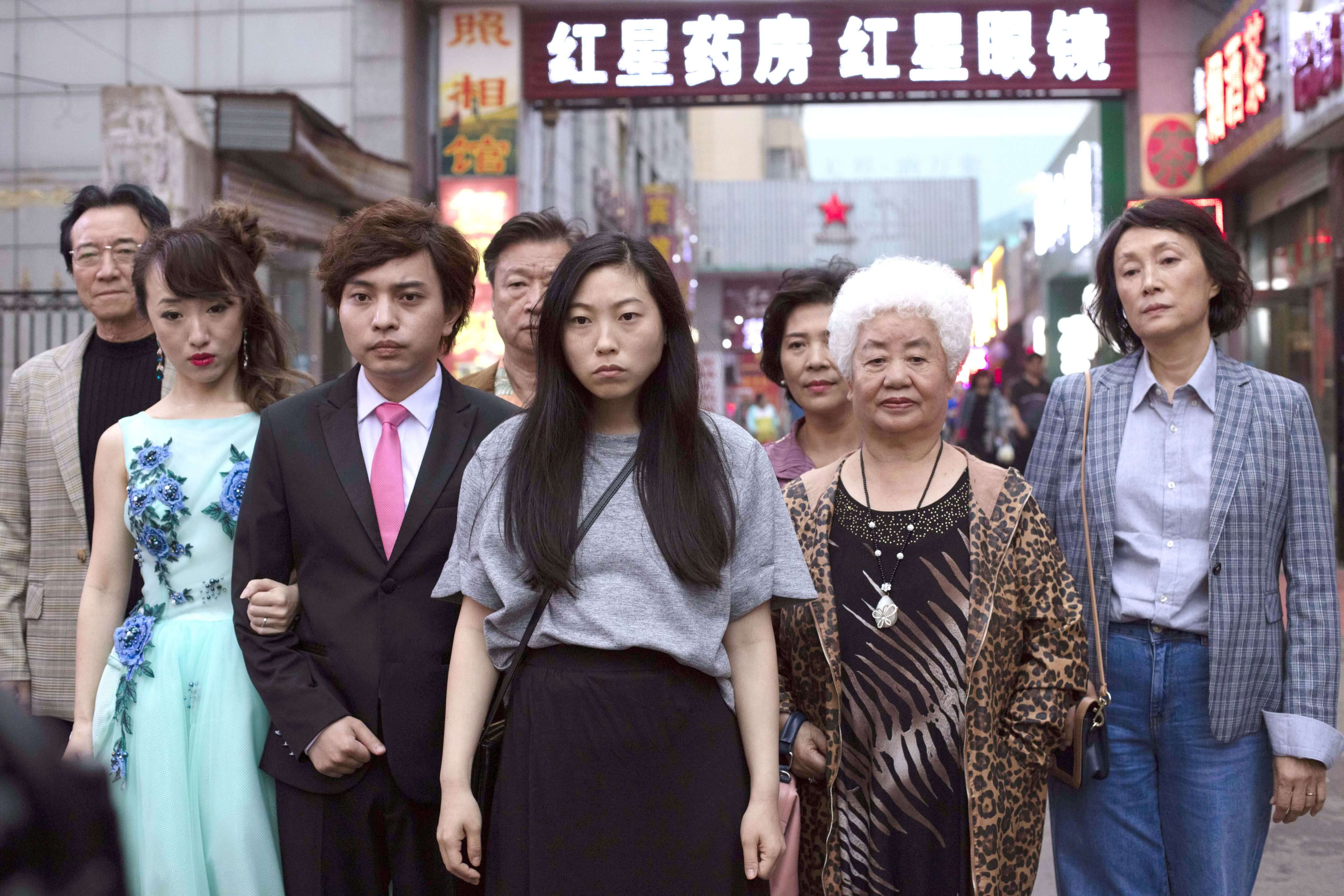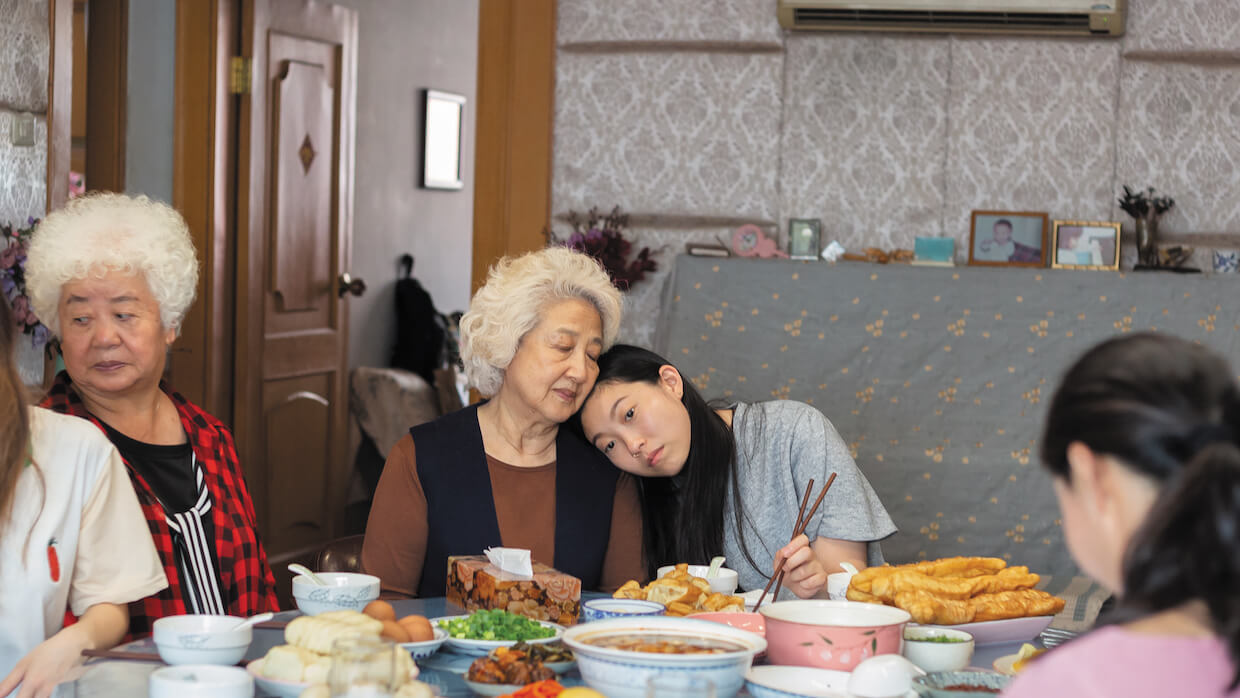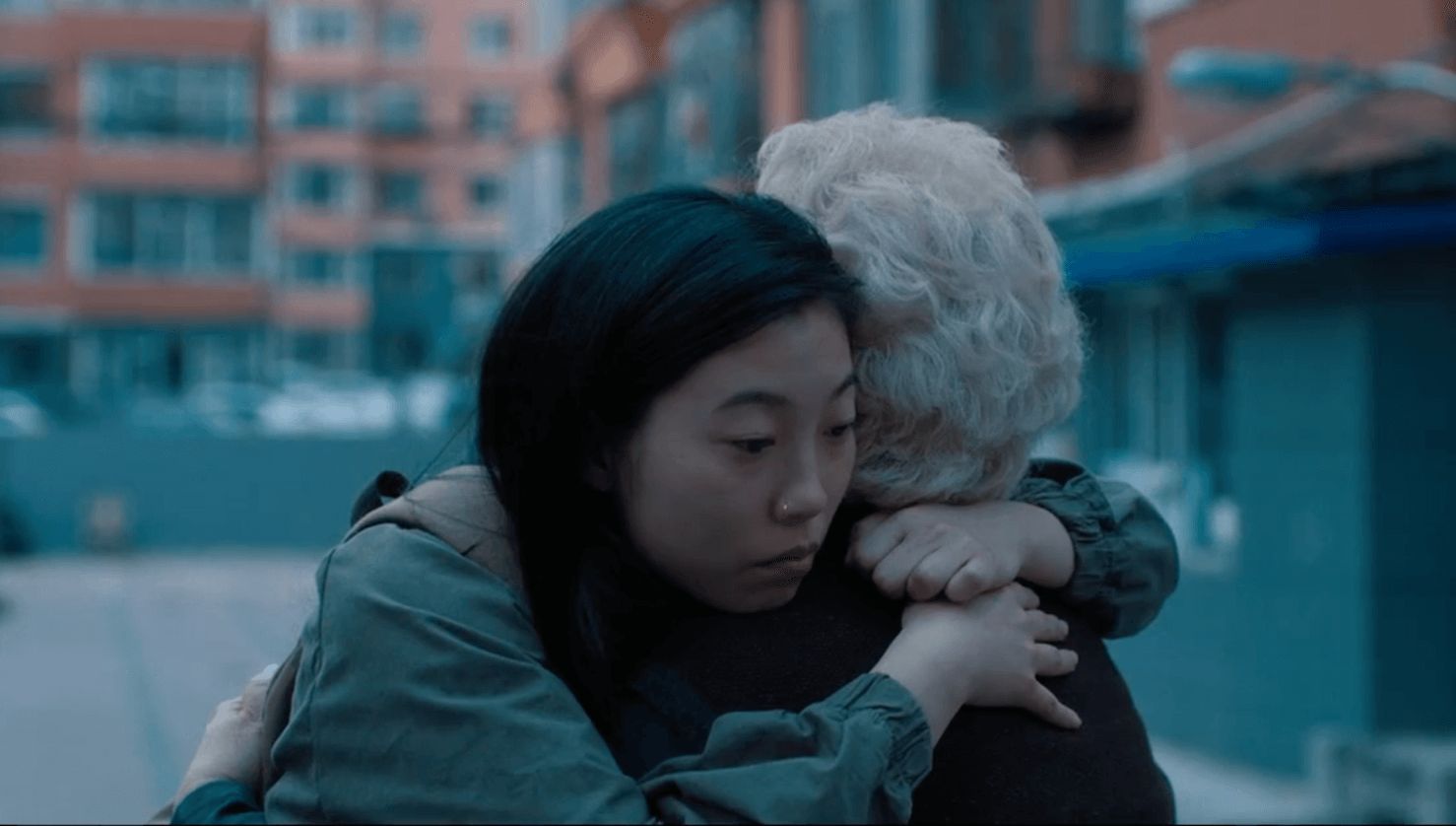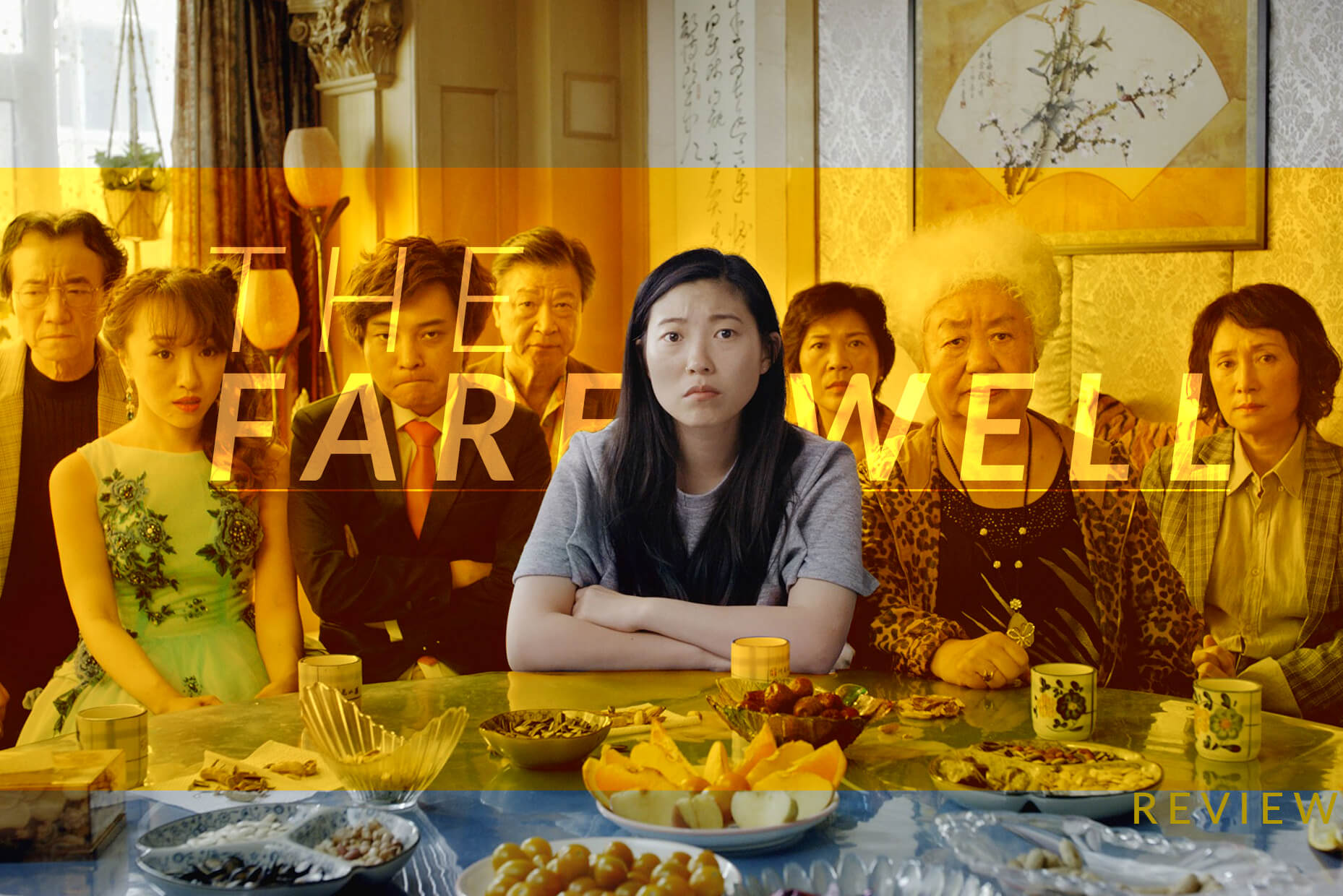At the Sundance Film Festival in London, we had the chance to go to the premiere of “The Farewell,” Wang’s acclaimed dry comedy about Billi (“Crazy Rich Asians’” Awkwafina), a daughter of Chinese immigrants who finds herself torn between two cultures.
The movie is due to be released on the 12thof July in the US.
Title: “The Farewell”
Behind and In front of the Camera:
This comedy-drama movie is directed by Lulu Wang and it stars Awkwafina as the lead, Billi, a Chinese-American girl who travels back to China during a family gathering.
Awkwafina, as a girl who struggles to make her American integrity work with the different ways of the Chinese traditions of her family, portrays with powerful truthfulness the issues and difficult adjustments that young people go through nowadays, as well as the difficulty to make two equally important parts of yourself collide. Billi’s struggle comes across as more than just making different traditions and upbringing click together, but also highlights the differences between people in a globalized and wider-than-ever world that, sometimes, clashes with the ways of older generations, whose thoughts and approaches may seem harsh, even unjust, to the younger members of the family.
Other relevant characters are played by Tzi Ma and Diana Lin, respectively Billi’s father and mother, and with a brilliant Zhao Shuzhen as Grandmother, Nai Nai.
With “The Farewell” already defined as one of the best movies of the year, Awkwafina’s interpretation has been widely praised, as well as the bittersweet ensemble of family dynamics, duty and love portrayed by the entire cast.
Behind the camera we find Lulu Wang, who based her movie “on an actual lie” which is, in fact, her own life experience: Billi is based on the director’s younger self back when her grandmother was diagnosed with cancer, while Lulu was in Miami (where she moved with her parents when she was a child). The movie is also shot mainly between New York and Changchun, Wang’s hometown.
Anna Franquesa Solano was in charge of the cinematography and all the production team met Wang’s family, who actually inspired the story, during the pre-production of the film, while other movies based on bittersweet family bonding have been taken as a reference, like Hirokazu Kore-eda’s 2008 “Still Walking.”
Who’s Got the Typewriter:
At the typewriter we find again Lulu Wang, who manages to convey her personal experience beautifully, transferring it into dialogue.
Despite the apparent lightness, shared by everyone who is trying to relieve Nai Nai from the burden of her illness (with a lie that is actually an omission, but lingers ever the same in every silence, in every smile, in every dialogue) the script is deeply compelling. It manages to entertain (while being really gentle and non necessarily comical) and move, mixing smiles and tears while prompting reflections on how cultural differences collide, either in the community or in a single person.

What to Know (ABSOLUTELY NO SPOILERS)
In the East, the life of a single individual exists as a part of a whole.
It’s the duty of the family to relieve the elders of the emotional burden that sickness brings upon them, a “good lie” that is only yet another way to be a good son, daughter or niece. That’s the responsibility that Billi, a Chinese-American girl raised in New York, faces when her Nai Nai is diagnosed with an illness. This opens the huge, apparently unfillable crack that opens between her American self, where such a lie would not be tolerated, and the Asian roots and traditions of her family, in a China she barely knows and hardly comprehends.
In the meantime, the family organizes an impromptu wedding to gather before Nai Nai passes.
“The Farewell” shows a family that, despite the geographic and moral distances, is still a welcoming and heart-warming place to run to, matched with well-balanced, never cliché representations of Chinese traditions and the delicate portrayal of a grandmother-niece bond. “The Farewell” is the enjoyable, deep insight on a strong matriarch (always supportive of her sons’ accomplishments even if they brought them abroad) that comes across as moving, bitter and heartwarming.

What They Say
“We meant to create a mise-en-scene which felt staged, to emphasize the idea that these characters are just performing a version of themselves. The characters are often framed in deliberate, static compositions, so it feels like they’re trapped,” said Anna Franquesa Solano on the artistic choices to convey the sense of “fake” in the character’s behavior.
“This is a movie based on Lulu’s personal family story, and we often found ourselves sitting around Nai Nai’s (Grandma’s) round table surrounded by relatives. Spending time with the real people who the characters and situations were based on, in the actual apartment where they’ve lived for decades, gave me a lot of inspiration to draw from.”
The Director, Lulu Wang, said to Variety’s microphones, “There’s the Chinese grandmother who grew up with the Communist Army, the uncle who moved from China to Japan — so it’s still Asian culture, but with a certain difference.
In ‘The Farewell,’ I really wanted to explore the nuances of those gaps between these different family members. One thing that unites them is the love of the grandmother.”
What You’ll Need:
Honestly, you don’t need much to enjoy this film, which we’re sure will win you over whether you are prepared for it or not.
Perhaps you’ll need a phone to call your loved ones after, because this movie about family bonding will make you want to remind your family and friends how glad you are for them.
If you’re not the type of movie enthusiast who enjoys subtitles, you’ll need to be patient because Mandarin (as well as language barriers) is a massive part of this movie and serves as a plot point to emphasize the differences between an American-raised young woman and the Country that runs in her blood, but not necessarily in her upbringing and way of thinking. So, yes, there will be plenty of subtitles of Mandarin-Chinese but “The Farewell” is definitely worth it because, even though you may not be able to follow the dialogue without subs, emotions are wordless and don’t need translation to get through.
“I really wanted to explore the nuances of those gaps between these different family members. One thing that unites them is the love of the grandmother.”

One Last Thing…
Feeling torn between two worlds is just “the nature of being an immigrant and straddling two cultures,” says Wang, and every immigrant can relate to it.
The dialogue between cultures in “The Farewell” is beautiful (and more up-to-date than ever) but is also a journey that can speak in the universal language of emotions. Awkwafina’s performance brings out the scary part of differences, the one that confuses and leaves us in fear of not being accepted and yet unable to not follow our morality, but it’s never heavy or melodramatic: it’s true, and it speaks right to the heart.
Welcome the narrative with an open mind and it’ll speak loud and clear thanks to the beautiful photography and the soundtrack by Alex Weston.





